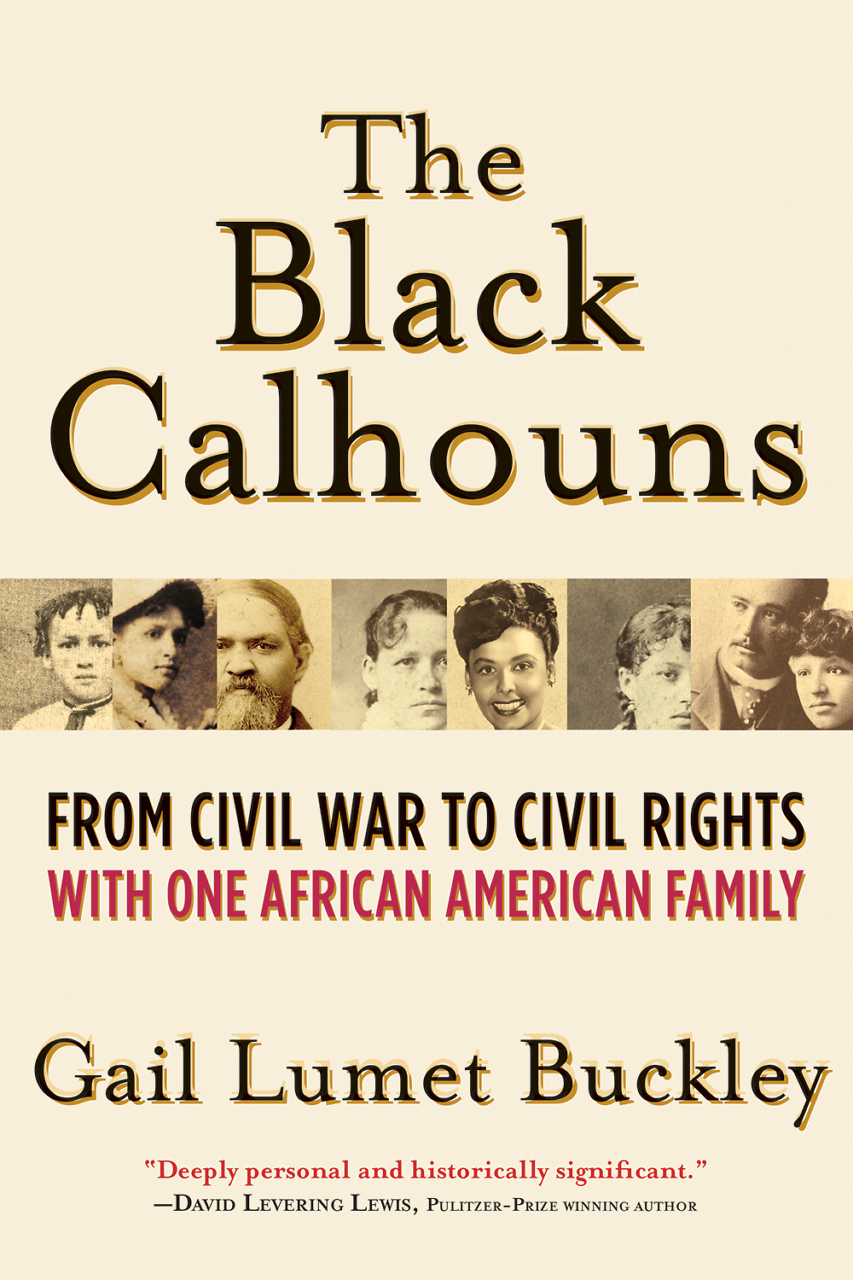Scarred Souls
In Michael Farris Smith’s Salvage This World, a young mother seeks shelter with her estranged father
Michael Farris Smith’s new novel Salvage This World begins with a woman on the run. Jessie, a young mother in an unnamed hamlet of coastal Mississippi, “scoops” her child and dashes into nearby woods. To elude her pursuers, she trudges through a swamp, holding her son in one arm and wielding a gun with the other, until she stumbles upon a backwoods shack. The car she steals stinks of rotting corpse, so she pulls over to look into the trunk. Sure enough, it’s a dead body — just not the one Jessie expects to see.
 All of this action takes place in the first 10 pages. Though Smith pauses occasionally to fill in backstory and reflect on his characters’ fates, he effectively maintains this compulsive momentum for the entire novel. Still, he manages to squeeze in moments of wonder at the Gulf Coast’s unique natural beauty. “A flock of blackbirds rose from a clutter of young cypress and scattered across the low sky. The sun sat on the horizon and lathered the marsh in gold,” Smith writes. Jessie finds the scene beautiful “in a way she had not expected … But there was no time to admire.”
All of this action takes place in the first 10 pages. Though Smith pauses occasionally to fill in backstory and reflect on his characters’ fates, he effectively maintains this compulsive momentum for the entire novel. Still, he manages to squeeze in moments of wonder at the Gulf Coast’s unique natural beauty. “A flock of blackbirds rose from a clutter of young cypress and scattered across the low sky. The sun sat on the horizon and lathered the marsh in gold,” Smith writes. Jessie finds the scene beautiful “in a way she had not expected … But there was no time to admire.”
Jessie’s desperate flight is the result of her husband Holt’s involvement with a tent revival preacher named Elser, a fire-and-brimstone throwback who persuades the region’s poor to part with their remaining money in hopes of surviving the imminent apocalypse. Holt left Elser’s shady work crew three years earlier and met Jessie while on the run from her henchmen. Now those evil Bible thumpers are tightening the net around Holt and Jessie and their son Jace, who are running out of options.
Exacerbating their predicament is their near-total ignorance of why Elser wants their hides. All they know is that it has something to do with a set of keys Holt stole when he escaped from Elser. In chapters that flashback to Holt’s employment, we learn he originally was mesmerized by Elser but became disenchanted when she began to prophesy the coming of a child messiah, a girl with power to “calm these skies and these seas.” Before Holt broke free from her, Elser told him, “Your soul is scarred … Like the scars on your skin.” In this novel, she could have said the same about anyone.
 Smith’s Gulf Coast setting, plagued by storms and economic collapse, has been abandoned by God. The population has dwindled dramatically; the only people who remain lack the resources or imagination to leave. In a novel filled with looting, car crashes, and gun fights, no police officer ever appears to restore order. The chaos is redolent of Biblical end times, when civic strife and natural disasters combine to render society untenable. As one old man puts it, “Maybe we’re all dead and just don’t know it.”
Smith’s Gulf Coast setting, plagued by storms and economic collapse, has been abandoned by God. The population has dwindled dramatically; the only people who remain lack the resources or imagination to leave. In a novel filled with looting, car crashes, and gun fights, no police officer ever appears to restore order. The chaos is redolent of Biblical end times, when civic strife and natural disasters combine to render society untenable. As one old man puts it, “Maybe we’re all dead and just don’t know it.”
The unlikely hero who emerges from this barren landscape is Jessie’s father, Wade, whom Jessie left the day she turned 18 to run away with Holt. Wade’s wife died giving birth to Jessie; in the aftermath of that tragedy, father and daughter failed to build an emotional connection. When she calls him early in the novel, though, and says, “I need to come home,” Wade becomes her best chance at survival. A former worker on the Gulf’s oil rigs, Wade now gets by salvaging heating and cooling units from “dilapidated communities” in Louisiana. He knows all the back roads and, crucially, has nothing else to live for. Saving Jessie and Jace is his last shot at redemption.
Smith, author of Nick and Blackwood, builds Salvage This World with short chapters, each charged with action that propels the converging storylines. Though the tone is bleak, he offers subtle reminders that the world wasn’t always hopeless and that there are joys yet to live for. In this rough world, Smith includes soft touches. Wade is astonished by the scent of his young grandson. “The boy smelled like soap and youth. The aroma of a life yet to be lived,” Wade thinks.
Apocalypse and salvation, destruction and renewal — Smith invokes religion throughout the novel, giving it a mythic dimension. Elser sounds like an Old Testament prophet, castigating the wicked and demanding purification through fire. As yet another hurricane approaches the coast, and as Wade and Jessie plot their exodus, the region prepares for destruction that may be final, the local citizens “wondering if it would be the one that none of them could survive as if a Bible story may come to life and refresh the earth with one great and mighty storm.”
The light may return, but only after a season of darkness. Salvage This World reads like a study of night in all its varieties — as clouds, as blindness, as eclipsed spirits — and of the moment when daylight finally reappears on the far horizon.

Sean Kinch grew up in Austin and attended Stanford. He earned a Ph.D. from the University of Texas. He now teaches English at Montgomery Bell Academy in Nashville.


